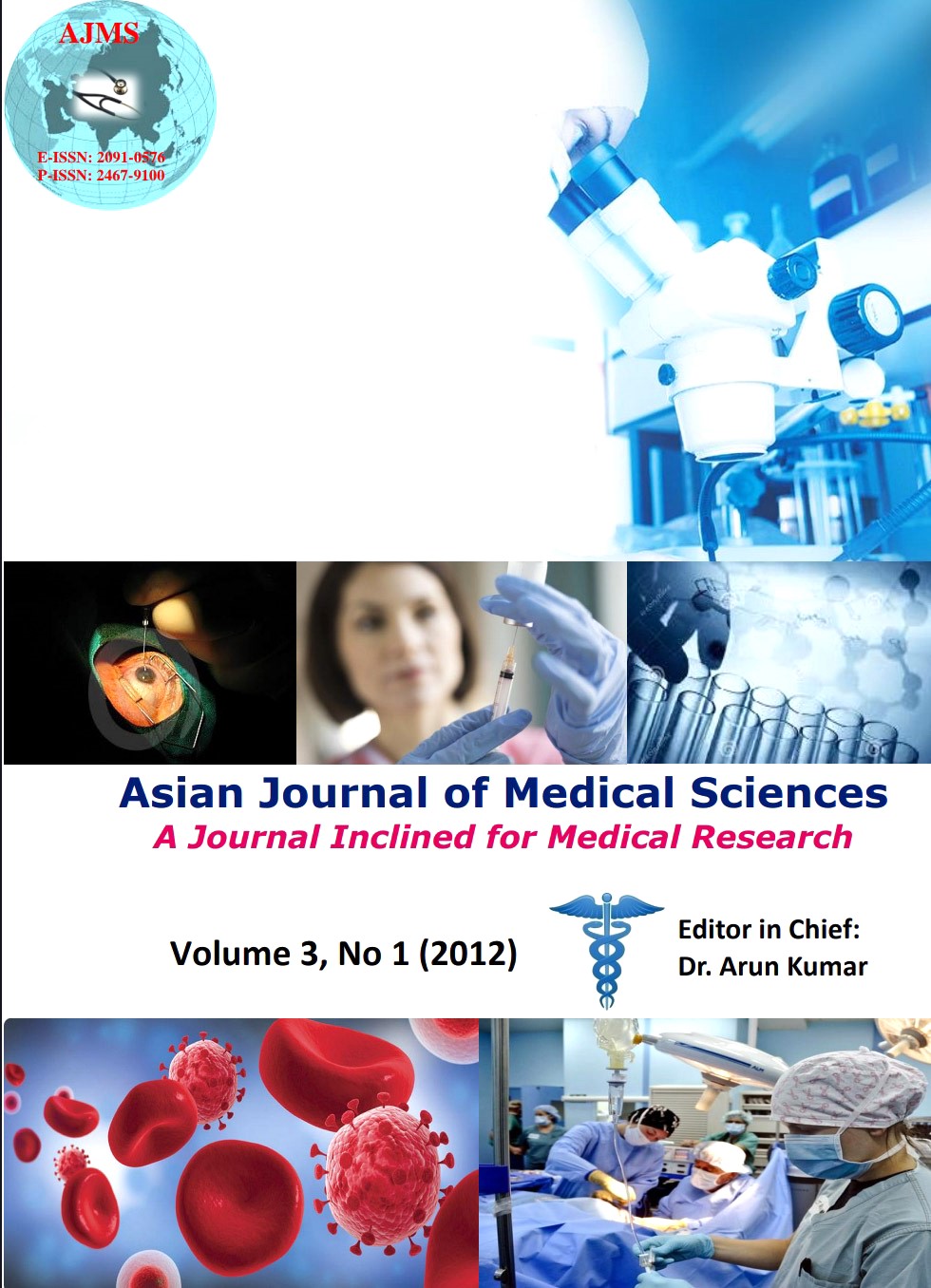Nutritional Value of Lime and Lemon in Hypercholesterolaemic Induced Rats
Keywords:
hypercholesterolaemic, nutritional value, lime, lemon, body weightAbstract
OBJECTIVE: People generally use lime and lemon when weight reduction is anticipated. This work was carried out to determine the effect of these fruits in hypercholesterolaemic induced rats.
MATERIALS AND METHOD: Sixteen (16) albino rats were used and grouped into four groups of four (4) each. The rats were allowed to acclimatize and fed with egg yolk for seven days to induce hypercholesterolaemic state. Water, lemon, lime and lime+lemon were administered to these groups respectively. Cholesterol level was analyzed in all the groups after two (2) weeks of the administration of the fruits.
RESULTS: The result showed a statistical decrease in the groups treated with lime, lemon and lime+lemon. The lime+lemon group showed a more significant decrease (p<0.05) in both cholesterol level and body weight when compared with the control group and other groups. This reduction may be as a result of the contents of the fruits.
CONCLUSION: It can therefore be concluded that lime and lemon helps in the lowering of blood cholesterol level and body weight.
DOI: http://dx.doi.org/10.3126/ajms.v3i1.5450
Asian Journal of Medical Sciences 3(2012) 13-16
Downloads
Downloads
Published
How to Cite
Issue
Section
License
Authors who publish with this journal agree to the following terms:
- The journal holds copyright and publishes the work under a Creative Commons CC-BY-NC license that permits use, distribution and reprduction in any medium, provided the original work is properly cited and is not used for commercial purposes. The journal should be recognised as the original publisher of this work.
- Authors are able to enter into separate, additional contractual arrangements for the non-exclusive distribution of the journal's published version of the work (e.g., post it to an institutional repository or publish it in a book), with an acknowledgement of its initial publication in this journal.
- Authors are permitted and encouraged to post their work online (e.g., in institutional repositories or on their website) prior to and during the submission process, as it can lead to productive exchanges, as well as earlier and greater citation of published work (See The Effect of Open Access).




